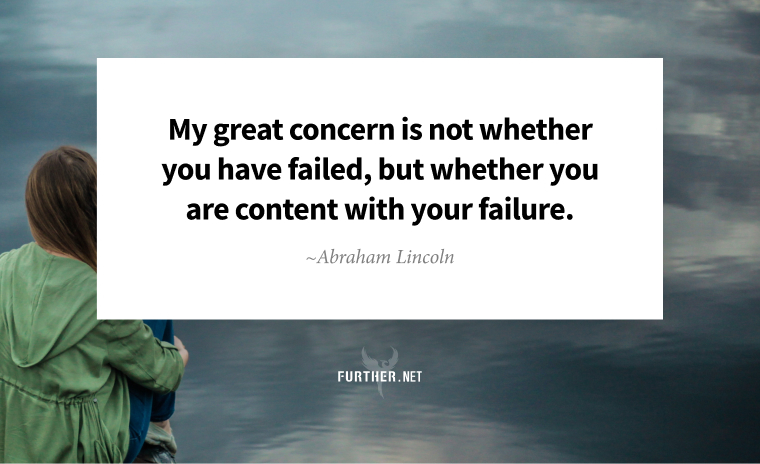
It’s not like we don’t know we’re supposed to celebrate failure — in our age of relentless positivity and reality-blurring euphemisms, everything bad is good again. As George Carlin once said:
People have been bullshitted by the system into believing that if you change the name of the condition, somehow you’ll change the condition.
So, naturally, when SpaceX’s multi-billion dollar rocket experienced a “rapid unscheduled disassembly,” the team popped bottles. Meanwhile, all of Gen X other than Elon had Challenger PTSD flashbacks.
This example illustrates how hellbent we are that today’s mistakes become rocket fuel for tomorrow’s innovation. But, in reality, “failing forward” is an uphill battle most of us lose.
So, how can you regain your balance when you hit the skids? Hint: it’s all about de-greasing the slippery slope of shame and disappointment.
The Wind in Your Fails
Recent research illuminates common ways failure can derail you. First up: the “sour-grapes effect,” identified by Norwegian psychologist Hallgeir Sjåstad. In his experiments, he observed that once his subjects received negative feedback, they typically discounted how happy and proud a future success would make them.
So they quit early vs. trying again — something, Sjåstad noted, we do all the time without noticing.
The easiest way out is to deny or explain away the external signal, so we can reduce the inconsistency and preserve a positive sense of self.
Similarly, the “ostrich effect,” where people avoid discomfort by overlooking negative information, is another common way to prevent failure’s sting. In the “Facing Failure Game” experiment, researchers Lauren Eskreis-Winkler and Ayelet Fishbach found that given questions with only one right or wrong answer, people successfully remembered their correct answers when asked again later but failed to learn from their mistakes.
Sticking your head in the sand is one way to cope, but it doesn’t mean you fail any better.
Make Failure an Option
In that experiment was a clue to getting better at messing up. When observing others’ mistakes, the researchers found people could infer the correct response and remember it later. This points to a critical factor in handling setbacks: it’s easier to move on if it’s not on you.
Eskreis-Winkler and Fishback then teamed up with grit expert Angela Duckworth to test having people give others advice based on their missteps. By forcing people to use their experiences with failure to help others, they found an increase in self-confidence — and a greater willingness to keep going.
Another option is “self-distancing,” where you use the third person to reflect on mistakes.
Instead of asking, “Why did I fail?” I might ask, “Why did David fail?” for example.
The point is to stop taking failure personally and start using it for personal growth. Now that’s a winning strategy.
